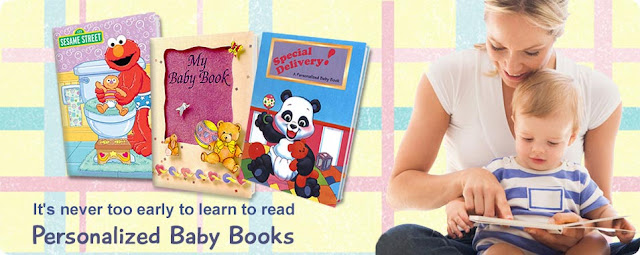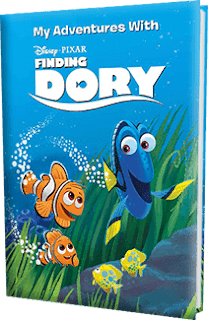Getting children to listen can be incredibly difficult, and there has to be a better way than by screaming yourself hoarse, right? Children can be frustrating, especially if they are doing something they are not supposed to, acting out, or simply just not listening. There are many ways in which parents and guardians can approach getting a kid’s attention that are effective as well as healthy on a number of levels, not to mention a lot more stress-free.
For the most part, children may not actively be ignoring you, so taking a different approach to communicating with them can prove to be more effective than you think.
A Simple Reminder
If your child forgets to do something, it’s normal. They are still young and still learning. They may not be actively defying you or their chores – they may have simply forgotten. Instead of sitting them down for a lecture after a forgotten or overlooked chore or command, you can instead remind them simply. Kids actively forget, which is not unusual considering their brains are working at maximum capacity as they learn and take in the world around them with overly active imaginations. The moment you realize your child has forgotten something, see if a simple reminder will get them going – chances are, they simply just forgot what you asked them to do for you earlier.
Empower Their Ability to Think for Themselves
Kids may not always do or act as they are told, but in general kids tend to be fidgety and do things without thinking of them beforehand or without thinking them through. Instead of purely condemning this natural behavior with commands like “Sit still,” or “Mind your manners,” offer them information that is more useful to them. Reminding them that “chairs are meant for sitting,” or that certain behaviors may be seen as rude to others in a calm and informative manner, can allow them to come to the conclusion on their own that they need to change their behavior to suit the situation. Simply telling a child to do something may not always work, and in such instances telling them why they should do something instead of just to do it, can help them listen and come to a state of truer understanding more effectively.
Give Them a Choice
Instead of offering up an ultimatum for not listening, offer kids a choice in a persuasive and negotiable manner. If they won’t sit in their stroller or do as they are asked, let them know what the consequences are, but not in an “if, then” format. “If, then” statements can be helpful but they can also be threatening, and some kids may react adversely to that by acting out even more or throwing a tantrum. According to How to Talk So Kids Will Listen & Listen So Kids Will Talk by Adele Faber and Elaine Mazlish, “threats and punishment don’t work,” Faber explains, “Rather than feeling sorry for not cooperating, a child tends to become even more stubborn. But when you make him part of the decision, he’s far more likely to do what’s acceptable to you.”
Explain Yourself and Your Expectations
Sometimes, kids may not realize why you ask them to do things, or how their compliance can help you get things done as well. Many parents struggle with these kinds of issues when it comes to getting ready for work and school in the morning. Trying to get everyone ready and out the door in time can leave you scrambling, so a non-cooperative child can certainly throw a wrench into the mix. Instead of yelling or just getting frustrated, explain why their behavior is unhelpful to you as well as them, “I need to get to work on time, but if you don’t get dressed you’ll be late for school, too.” The same goes for other kinds of behavior as well. Explaining what your expectations are beforehand can help significantly, whether you’re getting ready for the day or explaining how you want them to clean up after themselves or get their chores done.
Acknowledge their Feelings
Sometimes kids are inconsolable because they haven’t gotten their turn, they want to play with something, or they otherwise think something is unfair. Telling a child to calm down or ignore what is upsetting them can only make them even more distraught. But not only that, everyone wants to be heard and understood. Stating that you understand how your child feels can tell them that you care about them while also telling them to calm down and relax. “Everyone wants to know they’ve been heard and understood,” says Adele Faber. Telling a child to stop crying sends the message that their feelings don’t matter. Kids often cry or act out because they can’t communicate why they’re upset or don’t know how to deal with the emotion that they are feeling. However, if you empathize with them and their situation, you can get through to them while also providing them with better tools to handle their emotions and feelings as well.
Like what you read? Be sure to share with your friends and subscribe to get weekly parenting tips and reading resources.
 As your child gets older, you can begin introducing books with more words. Reading aloud to children who are just sounding out their first words and beginning to formulate thoughts and sentences can help familiarize them with the sounds and rhythm of speech. A combination of reading to your child regularly and speaking to them can help build their vocabulary significantly. Acting out words, speech, or other parts of the book can help invite child participation as well, encouraging them to interact with the book, the text, and the performance of reading along with you.
As your child gets older, you can begin introducing books with more words. Reading aloud to children who are just sounding out their first words and beginning to formulate thoughts and sentences can help familiarize them with the sounds and rhythm of speech. A combination of reading to your child regularly and speaking to them can help build their vocabulary significantly. Acting out words, speech, or other parts of the book can help invite child participation as well, encouraging them to interact with the book, the text, and the performance of reading along with you.




